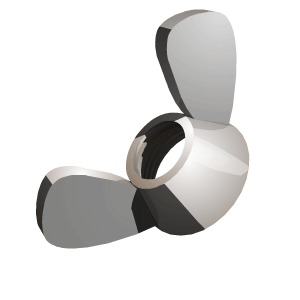Category: Computer
-
Happy Earth Day
Is your PC environmentally correct? At first glance, the answer is a resounding no. Computers, cell phones, iPods, and other high-tech toys are basically cocktails of hazardous substances, including lead, mercury, cadmium, beryllium, hexavalent chromium, polyvinyl chloride (PVC) plastic, and brominated flame retardants. Once they’ve entered our air, water, and soil via landfills and incineration,…
-
Bootcamp
Apple has released a project to run Windows XP on the new Intel based Macs. This’ll probably be just about as successful as the IBM strategy to run Windows 3.1 applications natively on the OS/2 Desktop; just when they got it working, Microsoft released a new version of their operating system (Windows 95) and no…
-
Hello; genius. Ding, ding, ding!
As I was sitting here reading through the web news with NetNewsWire, I thought, it sure would be nice to have a button on this PowerBook G4 that would toggle the open windows to jump between NNW and Safari where I open items to read them in more detail. Then it hit me, just use…
-
Oracle acquires Sleepycat
This could be bad. Oracles acquisition of Sleepycat’s Berkeley DB, which is the back end for the Subversion software version control system, as well as other open source products could mean the end to whole classes of open source software unless Oracle treads lightly.I hope that Oracle doesn’t kill this goose.
-
Benfield’s Law
In a large set of data, the frequency of the occurrence of the first digit of the numbers in the set is not evenly distributed. The number 1 turns up as the first digit about 30% of the time, more often than any other.Dr. Benford derived a formula to explain this. If absolute certainty is…
